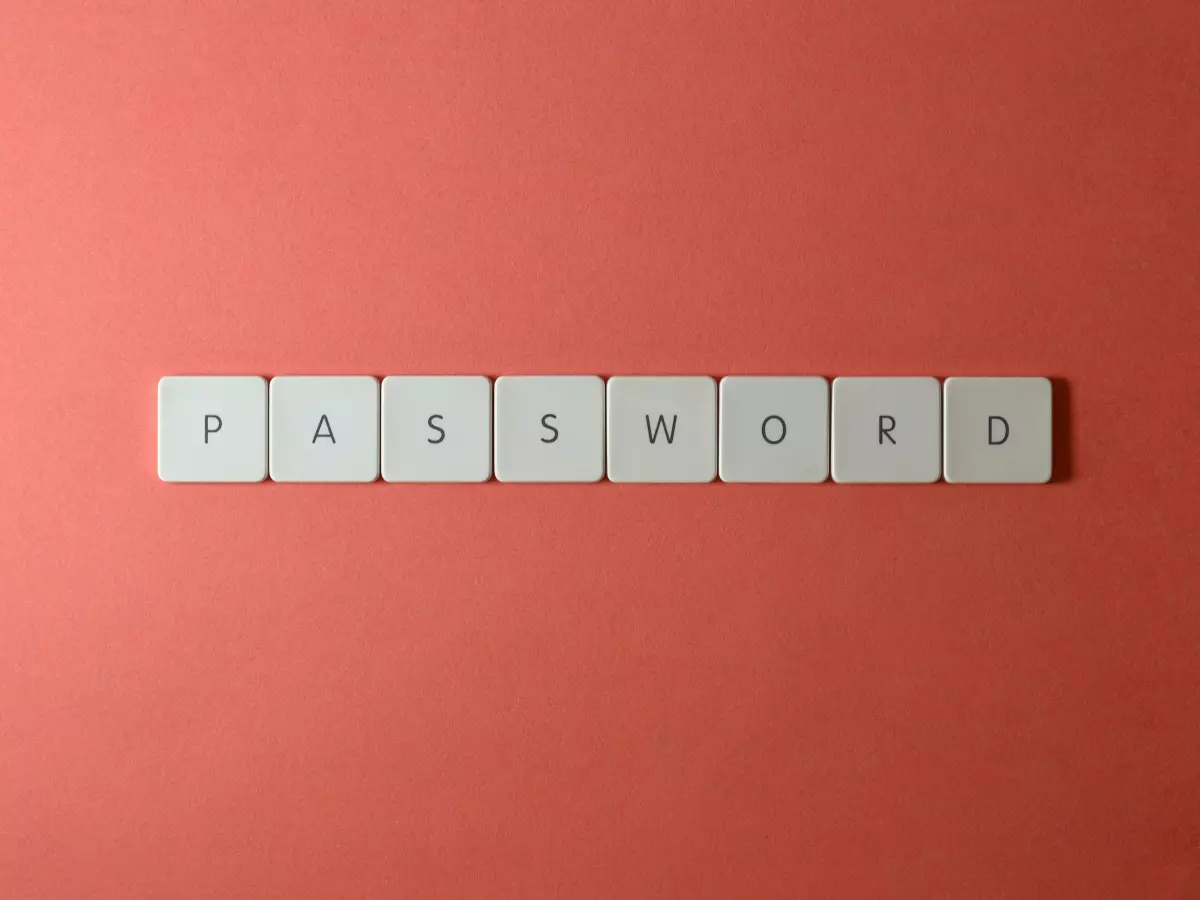Crypto Chaos
Crypto was supposed to be the future of secure, decentralized finance. But what if the very thing meant to protect us is now the biggest target?

By Jason Patel
In the wild west of cryptocurrency, it seems like the sheriffs are losing control. Hackers are running rampant, and the numbers are staggering. According to Cointelegraph, crypto hacks surged to a jaw-dropping $2.1 billion in 2024, with centralized finance (CeFi) platforms being the hardest hit. And if that wasn’t enough to make you clutch your digital wallet a little tighter, AI-driven attacks and quantum computing vulnerabilities are adding fuel to the fire.
Let’s break this down. CeFi, the centralized finance platforms that were once hailed as the bridge between traditional banking and the decentralized world of crypto, are now the prime targets. Why? Because they hold the keys to the kingdom—massive amounts of crypto assets stored in centralized locations. It’s like putting all your eggs in one basket, and hackers are hungry.
But it’s not just the sheer amount of money that’s alarming. The sophistication of these attacks is next-level. We’re talking AI-driven hacks that can outsmart traditional security measures and quantum computing threats that could potentially crack the cryptographic codes that protect your assets. It’s like the hackers are bringing bazookas to a knife fight, and the crypto world is scrambling to keep up.
So, what’s the deal with these AI-driven attacks? Well, AI has the ability to learn and adapt, making it a perfect tool for hackers. They can use AI to find vulnerabilities in real-time, exploit them faster than any human could, and even automate the entire process. It’s like having a hacker army that never sleeps. And quantum computing? That’s a whole other beast. Quantum computers have the potential to break the encryption that secures most cryptocurrencies, making them a ticking time bomb for the crypto world.
Now, here’s the kicker: while decentralized finance (DeFi) platforms have their own set of risks, CeFi platforms are particularly vulnerable because they rely on centralized control. This makes them juicy targets for hackers who can focus all their efforts on a single point of failure. It’s like robbing a bank versus trying to steal from a thousand individual safes. Which one would you choose?
But before you start thinking all hope is lost, there are some silver linings. Real-time monitoring systems are being developed to detect and prevent these attacks before they can do serious damage. And regulators are stepping in, pushing for stronger security measures and better oversight. However, the question remains: will it be enough?
With $2.1 billion already stolen in 2024, the stakes couldn’t be higher. The crypto world is at a crossroads. Will it rise to the challenge and strengthen its defenses, or will hackers continue to have the upper hand?
Here’s the question you should be asking yourself: If the future of finance is digital, how do we protect it from the very technology that’s supposed to make it better?





